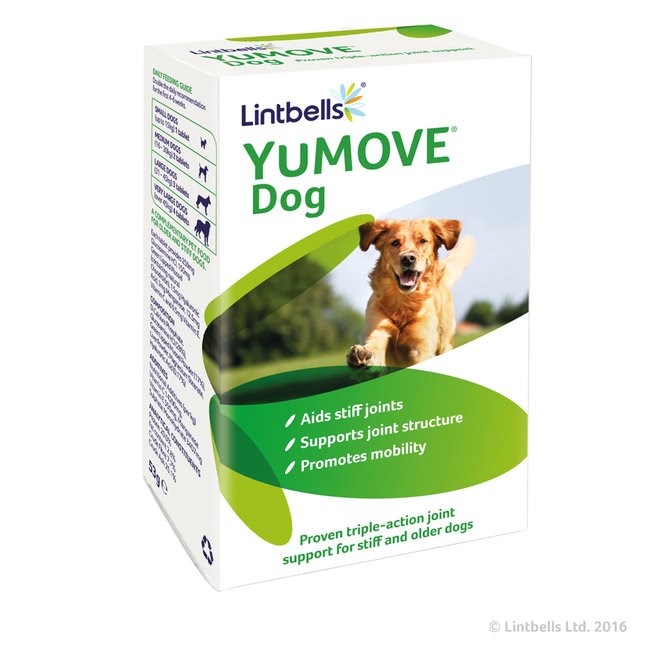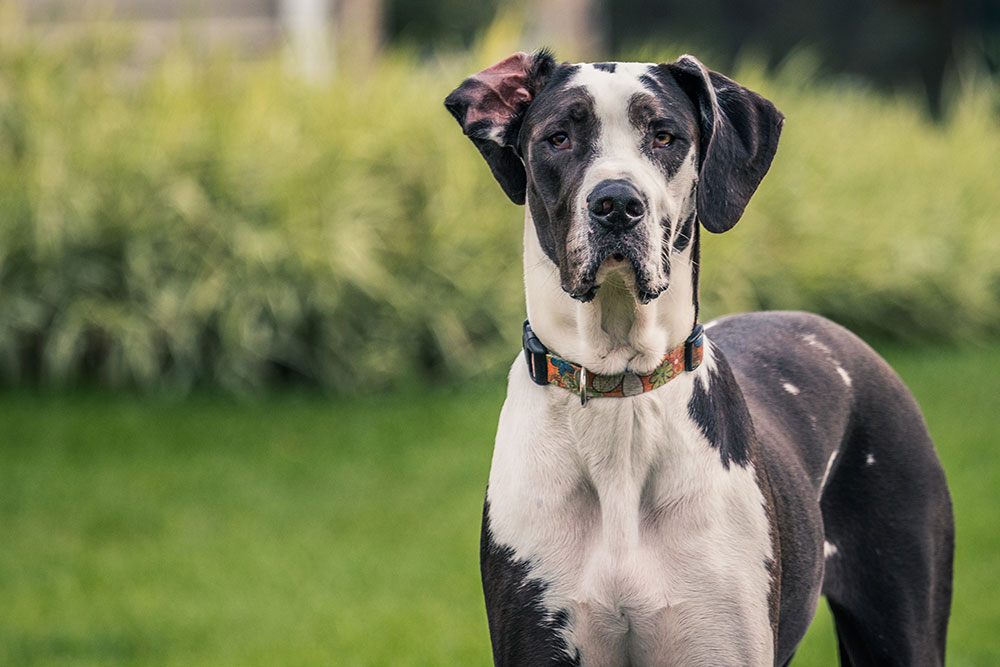Good Tips To Picking Dog Herbalist
Wiki Article
Turmeric Is An Effective Anti-Inflammatory Ingredient That Can Be Utilized To Improve Joint Health In Pets And Dogs.
Turmeric and, specifically, its active ingredient curcumin has been identified as having potential benefits in supporting joint health in dogs and cats. What benefits can turmeric bring to pets with joint problems:
Anti-inflammatory properties
Reduce Inflammation
Effect: Curcumin, the active ingredient in turmeric, has potent anti-inflammatory properties. It blocks the action of cytokines and enzymes which cause inflammation.
Curcumin is a potent anti-inflammatory agent that can help reduce inflammation and pain in joints. It is also able to help with other joint conditions like arthritis.
Antioxidant Effects
Oxidative Stress Reduction:
Curcumin has antioxidant properties. It neutralizes free radicals that can damage cells and contribute to inflammation.
Benefits: Reduced oxidative stress helps protect joints and tissues, limiting the development of joint diseases and ensuring joint health.
Pain Relief
Natural Painkiller:
Function: Curcumin has been shown to have pain-relieving properties through modulating pain pathways and decreasing the sensation of pain.
Benefits: Natural pain relief could improve the quality of life of pets suffering from joint pain, allowing them become more active and comfortable.
Cartilage Protection
Inhibition of the breakdown of Cartilage:
The function: Curcumin helps inhibit the activity of enzymes that break cartilage.
Benefits: Preventing cartilage degeneration helps to maintain joint function and integrity essential for animals with joint problems.
Immune System Modulation
Balanced immune response:
Function: Curcumin promotes an immune system that is in balance and helps to regulate inflammation.
Benefits: A well-balanced immune response can help reduce inflammation and cause joint damage, contributing to overall joint health.
Overall Benefits for Joint Health
Turmeric can improve mobility in pets suffering from joint disorders by reducing the pain and inflammation. It also protects cartilage.
Pets with less pain or have more mobility tend to become more active. They also enjoy a better life quality.
Use and considerations
The amount of curcumin and turmeric required for your pet varies based on its size, weight as well as its health status and many other aspects. Follow any directions given by your vet or on the label of the product. To ensure better absorption, extracts of black pepper (piperine) are usually combined with curcumin.
Formulations: Turmeric supplements for pets are available in a variety of types, including powders, capsules and chews. Choosing a high-quality, pet-specific product can ensure security and efficacy.
The side effects are generally considered safe for pets, dosages that are high can cause digestive upset. To minimize side negative effects, start by taking a small amount, and gradually increase it. Be sure to monitor your pet for negative reactions such as vomiting or nausea.
Also, you can read our conclusion.
Turmeric and specifically curcumin which is its main component, can be beneficial for the health of joints in both cats and dogs. The anti-inflammatory, pain-relieving and antioxidant qualities of turmeric can reduce inflammation and joint pain and improve joint function and safeguard cartilage. Regular use of turmeric supplements can increase the mobility and quality of life for pets suffering from joint pain. View the recommended yeast infections in dogs for more examples including pet echinacea supplements, pet supplements for pets with skin rashes, pet allergy relief, pet muscle supplements, pet supplements for pets with fear of grooming tools, pet supplements for pets with fear of muzzles, pet supplements for pets with fear of sirens and horns, pet supplements for pets with fear of stairs and steps and more.

What Can Quercetin Aid In Treating Skin Allergies In Dogs As Well As Cats?
Quercetin, a flavonoid that is found in both vegetables and fruits, has shown to be effective in reducing allergies to the skin of pets and cats. Here's a look at the ways quercetin can assist pets suffering from allergies.
Anti-inflammatory Properties
Inflammation reduction:
Function The anti-inflammatory properties of Quercetin block the production of proinflammatory chemicals such as cytokines or histamines.
Benefits Quercetin is an effective antioxidant that can help reduce inflammation. It also helps alleviate swelling, redness and pain related to skin allergies.
Antihistamine Effects
Natural Antihistamine:
Quercetin is a substance that inhibits histamine release from mast cells. Histamines are chemicals that cause itching and allergic reactions.
Benefits: Quercetin, a natural antibiotic, can alleviate itching for pets suffering from allergies.
Antioxidant Activity
Oxidative Stress Reduction:
Function: Quercetin acts as an antioxidant to help neutralize free-radicals and limit the damage caused by oxidation.
Benefits by reducing the damage caused by oxidative stress to skin cells, you can reduce skin cell damage and promote healing.
Immune System Modulation
Balanced Immune Response
Function: Quercetin modifies the immune system, providing a balanced and effective reaction to allergens.
Benefits: A balanced immune system prevents overreactions to allergens. This can reduce the severity and frequency of allergic outbreaks.
Enhancement in Skin Barrier Function
Strengthening Skin Barrier:
The function: Quercetin promotes the production and maintenance of healthy skin through increasing the amount of ceramides.
Benefits A stronger skin barrier helps to protect against allergens in the environment and pathogens. This can reduce allergic reactions and infections.
Allergy Symptom Management
Relieve Symptoms
The function: Quercetin can help manage symptoms by blocking enzymes like lipoxygenase which is involved in the inflammatory response.
Benefits: This results in lessening symptoms such as itching redness, and swelling, providing comfort and relief for pets.
Practicality and considerations
The dosage of quercetin that you administer is dependent on the weight, size and overall health condition of the pet. It is important to follow doctor's advice or the label instructions. Quercetin and bromelain are frequently utilized together to enhance the effectiveness of the product.
Quercetin supplements are available for pets in various varieties. These include capsules, tablets and powders. Selecting a high-quality pet-specific product is vital for security and effectiveness.
Side Effects Quercetin is generally safe, however high doses may cause gastrointestinal upset in some animals. It is advised to begin with a lower dose, and then increase it gradually. This will help lessen the risk of side negative effects. Be aware of any negative reactions, such as vomiting or nausea.
The conclusion of the article is:
Quercetin is a valuable supplement for managing skin allergies in dogs as well as cats. Its antioxidant properties and antihistamine effects minimize itching, inflammation, and oxidative stresses, while improving the barrier to skin by regulating immune responses and improving the quality of life of pets with skin allergies. Qurcetin's regular use can provide significant relief for allergy symptoms. It also can enhance the general health of skin and improve the overall health of animals suffering from skin allergies. Follow the top full report for pet wellbeing for more info including pet eye supplements, cat supplements, holistic pet care, pet supplements for pets with fear of injury, pet supplements for pets with elbow dysplasia, pet turmeric supplements, pet supplements for pets with hot spots, kidney support gold australia and more.
Apple Cider Vinegar Helps With Yeast Infections For Cats And Dogs.
ACV can be utilized as a remedy for yeast infections in dogs and cats. ACV can be beneficial, but it is important to use ACV under veterinary supervision and be cautious because of the acidic nature of ACV and the potential for adverse negative side consequences. Here's how ACV can be thought of as helping with yeast infections:
Antifungal Properties
Acidic Environment
ACV is an acidic product with the pH ranging between 2.5 and 3. The acidic environment isn't ideal for yeast growth.
Benefits Utilizing dilute ACV topically or adding it to the bath water of your pet can help to decrease the growth of yeast on the skin and ears.
Skin pH Regulation
Balancing Skin pH:
Function: ACV is believed to help balance the skin's pH levels, which can support the skin's barrier to keep it healthy and inhibit yeast growth.
Benefits: Keeping a healthy pH balance on the skin can help prevent yeast infections and promote overall skin health.
Anti-inflammatory properties
Reduce inflammation:
ACV is mildly anti-inflammatory.
Benefits: Reduce inflammation to alleviate symptoms like redness, itching and discomfort caused by yeast infections.
Support for Digestive Health
Internal Use
Function: When ingested (in very small amounts and highly dilute), ACV is thought to improve digestion and balance gut flora.
Benefits: Supporting the overall immune system as well as microbial balance and gut health can help reduce yeast growth.
Use and Considerations
Topical Application: Apply ACV diluted by water (typically 1 part ACV for 1-2 parts of water), as a spray or rinse to the affected areas of the skin or ear. Avoid applying directly on delicate skin or open wounds.
Consult your veterinarian before using ACV internally. ACV should always be diluted in water (e.g. 1 teaspoon or 1 tablespoon per cup) and administered in small dosages.
Monitoring: Check for signs of irritation or allergic reactions while using ACV topically. Do not use it if any negative reactions develop.
Consultation with Veterinarian: It's crucial to consult with a vet prior to making use of ACV for yeast infections in pets. They can guide you in the proper dilution techniques applications, as well as risks that may be associated with your pet.
End of Service
While apple cider vinegar may provide benefits in the treatment of yeast infections in dogs and cats however, it should be approached cautiously and under the supervision of a vet. ACV can have mild anti-inflammatory properties, and its acidic nature may help to create an environment that is not favorable for yeast growth. An appropriate dilution as well as careful application are essential to avoid irritation or negative effects. ACV is recommended to use as part of a complete plan of treatment for yeast infections. Follow the recommended pet wellbeing hints for website advice including pet joint supplements, pet dandelion supplements, pet immune support, pet supplements for pets with fear of stairs and steps, pet supplements for pets with fear of sirens and horns, pet supplements for breeding dogs and cats, pet turmeric supplements, pet supplements for pets with dry skin and more.

